‘It Cost Them Hundreds of Dollars’: Airbnb Host Leaves Couple Who Brought Dog Unfair Review, They Teach Him A Lesson
It’s hard to find – and book – a great rental. Between ruthless management companies, unfair laws, and predatory hosts, it often feels like everyone is against you.
So when the Reddit user District_Dan came across an ad that not only looked good but also allowed their dog, the couple immediately booked her for their trip.
Only they forgot to tell the owner of the property that they were bringing their pet. And while he seemed to be okay with that in person, it was a whole different story when it came to communicating online.
This couple took their dog to an Airbnb that allows pets without telling the host
Picture credits: Pixabay (not the actual photo)
When speaking in person, he seemed fine, but then left a bad guest review.
Picture credits: Edmond Dantès (not the actual photo)
So they hatched a plan for revenge
Picture credits: cottonbro (not the actual photo)
Picture credits: District_Dan
However, it’s not just disgruntled Airbnb customers who are turning to the internet to vent about using the platform. The hosts themselves are increasingly disappointed.
Whether they shout on Twitter or post in Facebook groups, they also share their own challenges. There is even a dedicated site called Airbnb Hell who accepts their rants.
Reading about isolated cases, it might seem like some sort of disappointing by-product of the largely unregulated short-term rental industry is inevitable, but they are indicative of broader trends.
For example, a 2021 report Bloomberg detailed how Airbnb’s secretive crisis team spends millions of dollars to cover up crimes and other advertising nightmares in its listings.
This team is made up of around 100 agents in Dublin, Montreal, Singapore and other cities around the world. Some have emergency services or military backgrounds. The team has the autonomy to spend whatever it takes to make a victim feel supported, including payment for flights, accommodation, food, counselling, health costs and other expenses. A former “agent” who was at Airbnb for five years describes the approach as firing “the money cannon.”
The platform recently implemented anti-party technology in an effort to offset hosts’ frustrations with large, destructive gatherings.
Everyone who had the romantic notion of roommates as a way to pay their mortgages now has corporate competitors too.
A study of short-term rentals in the UK found that the number of listings run by hosts with a single property dropped from 69% in 2015 to just 39% in 2019.
These mega-hosts are able to operate at scale, maximizing efficiency on everything from price adjustments to cleaning staff, and single-ownership hosts who can’t keep up are squeezed out of the ecosystem.
So who hurts these partnerships the most? Is it the guests? The hosts ? Maybe Airbnb itself?

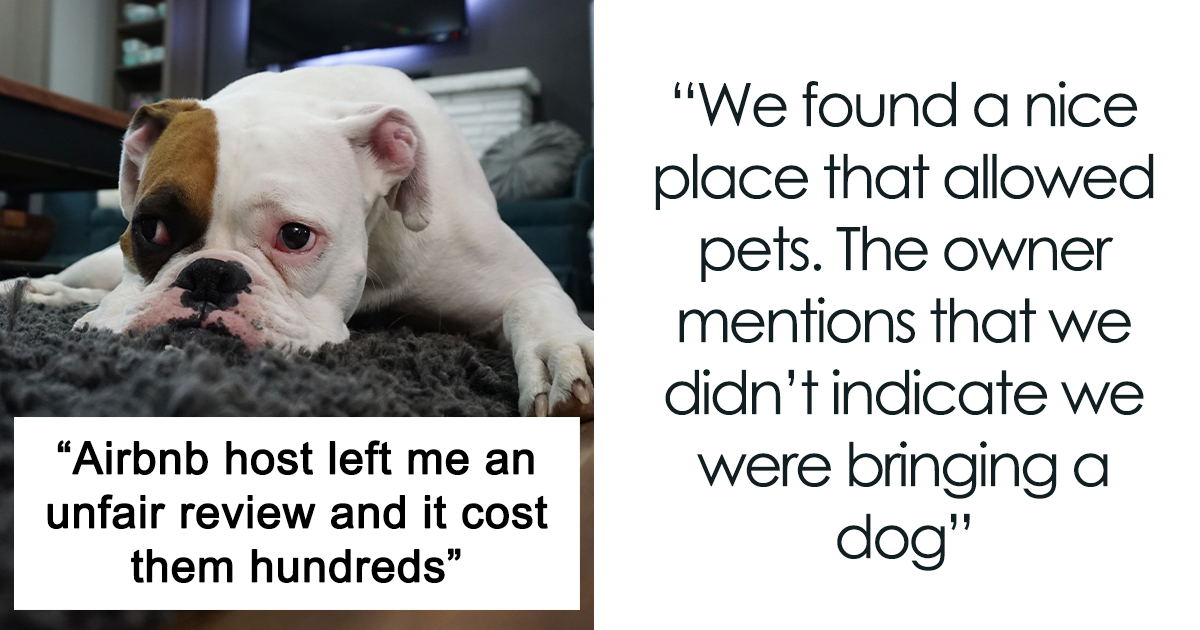
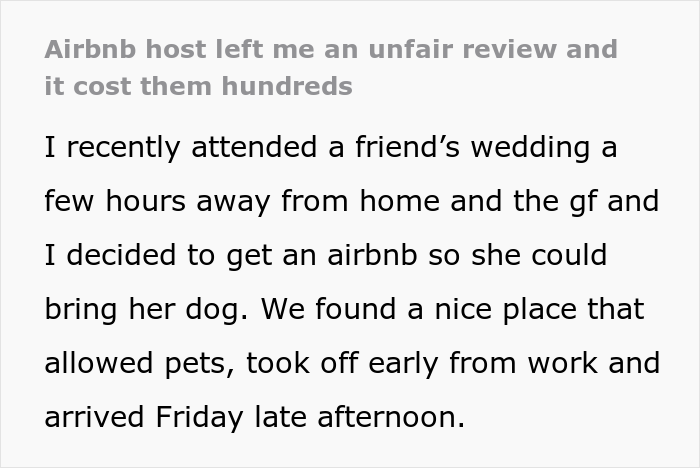

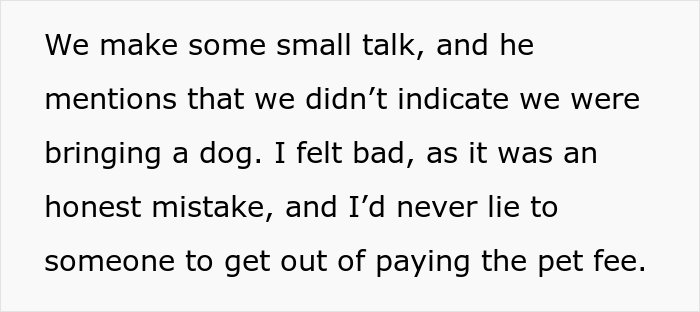

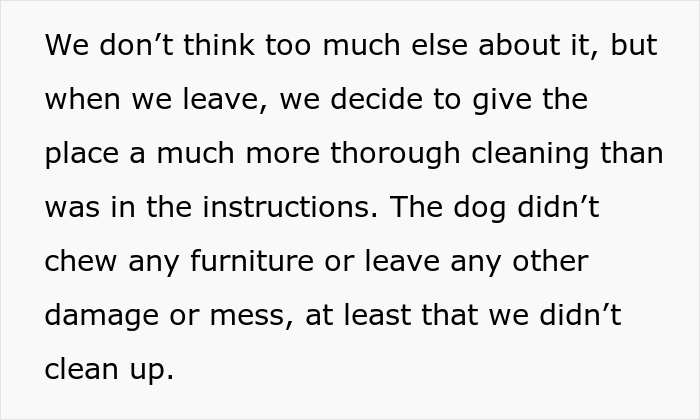
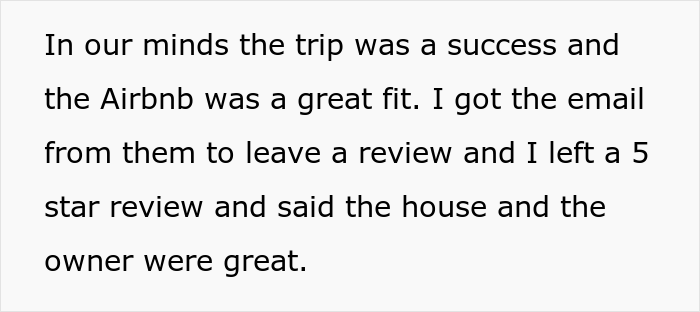

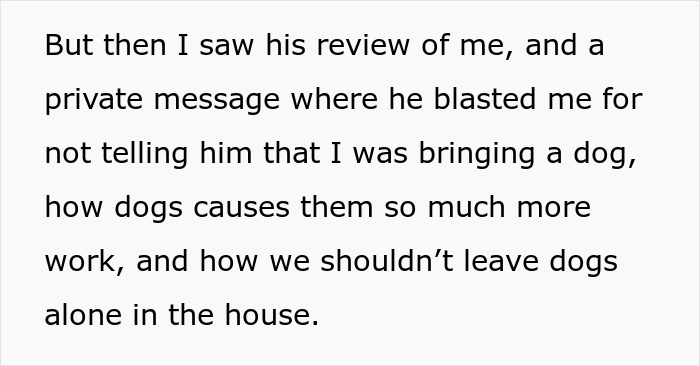

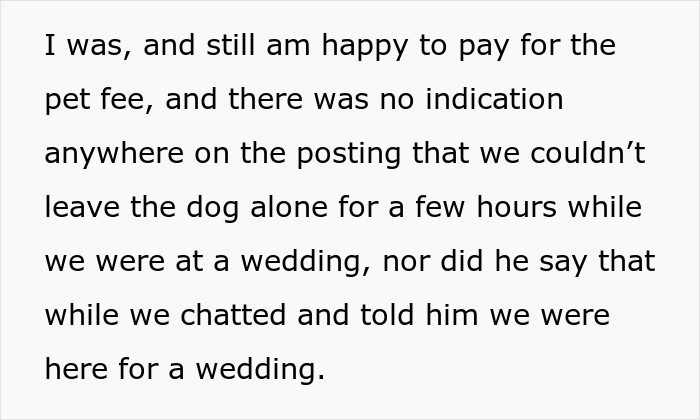


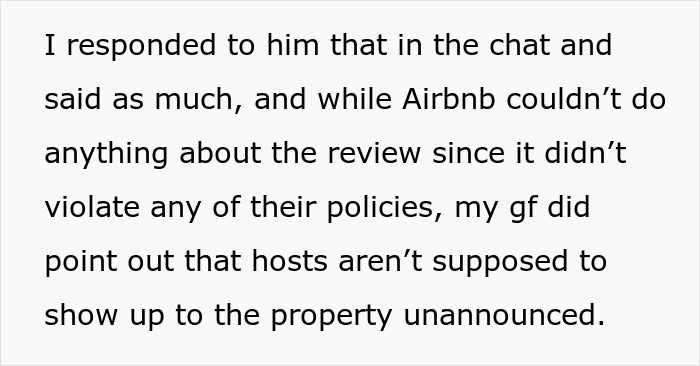


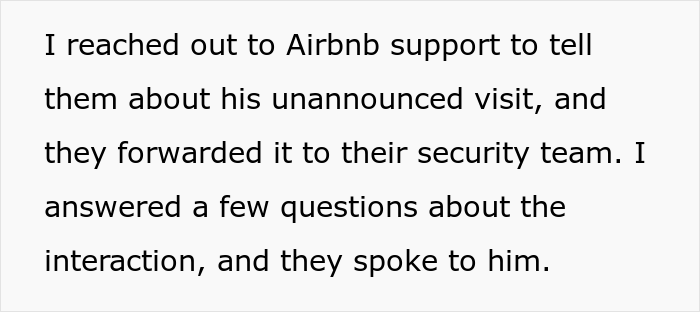
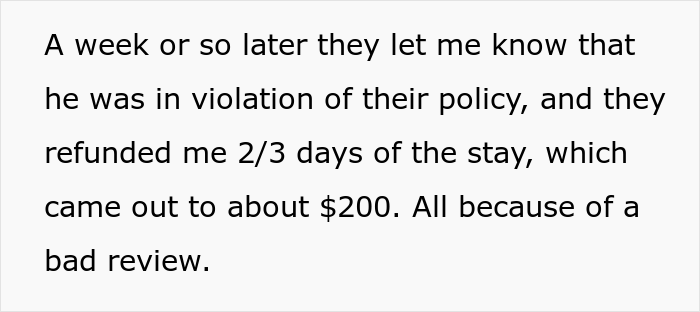
Comments are closed.